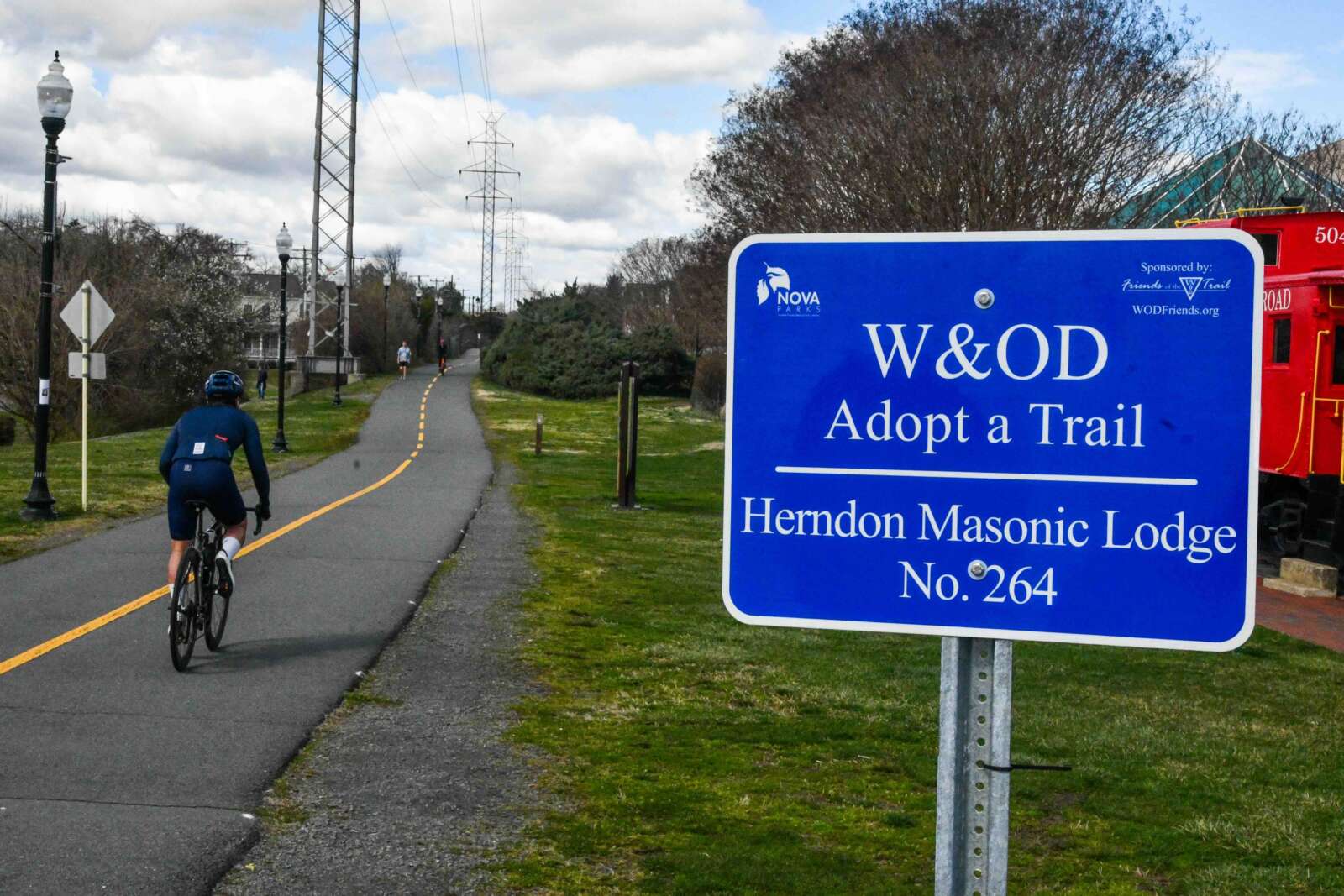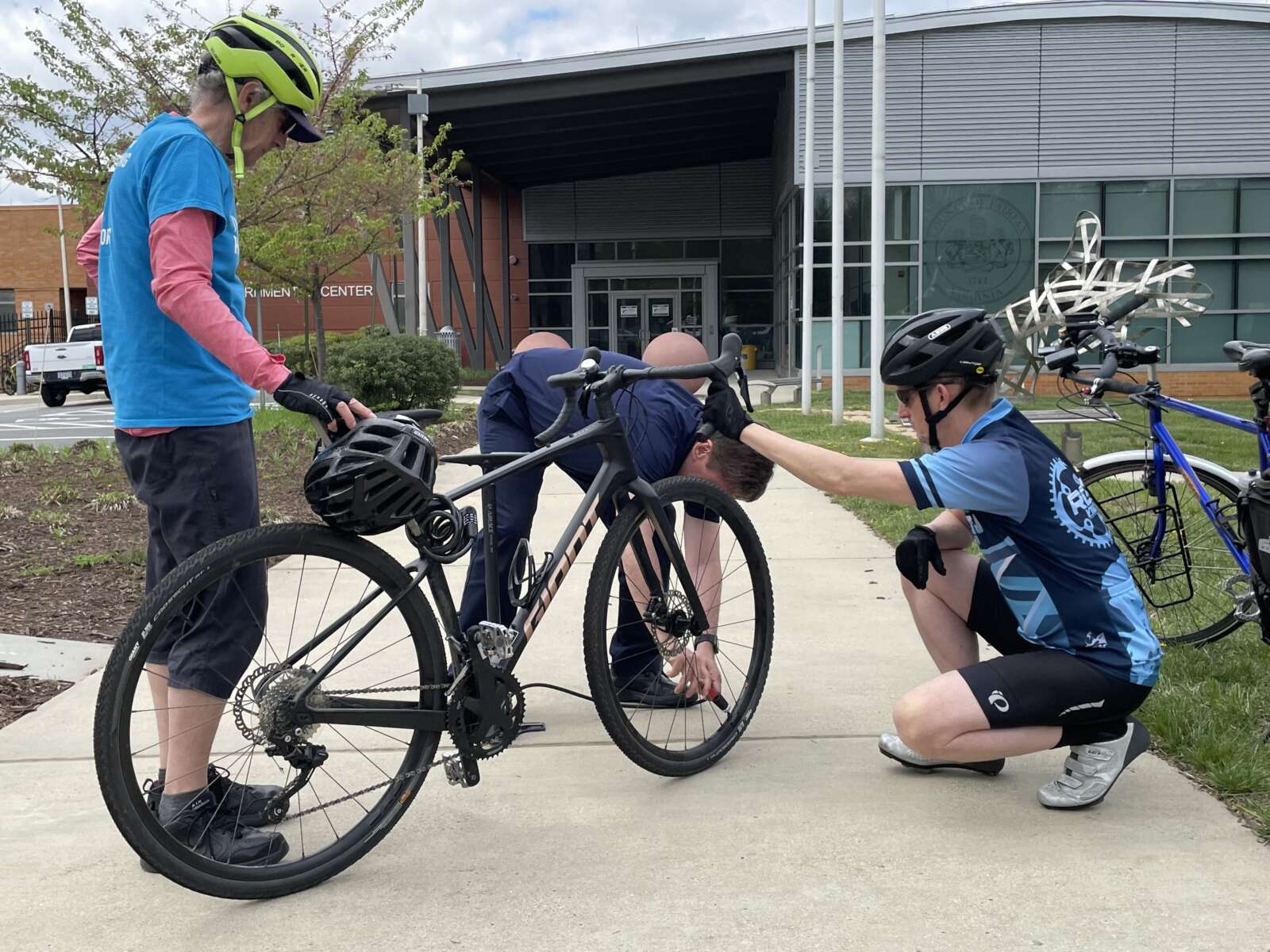When someone passes away, not all assets are immediately or easily transferred to the intended heirs. Although creating and maintaining a will typically help transfer assets, a deceased’s assets are required to go through the court’s probate system. In these situations, it is important to learn about the probate process and seek legal advice when necessary.
What is Probate?
Probate is the court process that distributes someone’s estate after a loved one has passed. Typically, the probate process can take anywhere from six months to over a year. For descendants without a will, the estate is required to undergo a longer process. In these instances, the court will either select or approve an executor to manage the estate assets.
People who pass away with lots of debt may use probates so that the court can handle the claims. The court will decide how much each creditor is entitled to receiving. This helps prevent creditors from suing your heirs for assets and speeds up the asset transfer process. Likewise, people may use probate to ensure that the assets are divided properly amongst heirs. This can be especially helpful if your heirs may be overly contentious when dividing your assets.
How Do I Find Out the Probate Jurisdiction?
Typically, probate is handled by the circuit court where the deceased person owned real estate or resided before death. In circumstances where the deceased lived in a nursing home or hospital at the time of death, the circuit where they previously lived is typically granted court jurisdiction.
Virginia Probate Laws
Probate policies differ from state to state and have different taxes and process mechanisms.
Most notably, Virginia has a probate tax for estates over $15,000. Typically, this includes a $1 state tax and $0.33 local tax for every $1,000 someone has within an estate. For $100,000 estates, this probate tax would come out to $133.
Estates with more debt than assets are called insolvent estates. Typically, Virginia law provides that insolvent estates must pay debts and claims in priority order. High priority payments may include the expenses of administering the estate, family allowance, and funeral expenses of up to $3,500. Additionally, federal or state debt and taxes will also have priority over other claims.
In these cases, it is important to contact knowledgeable legal counsel so that the executor can maximize the estate’s potential and properly handle the debt-paying process.
How Can I Handle Virginia Probate?
To help understand the probate intricacies, Trusts and Estates Attorney Kerri Castellini explains how a lawyer can help manage the probate process.
“After the death of a loved one, a family wants to take time to grieve a loss,” says Castellini. “Unfortunately, debt collectors contact a family after their death and add to a growing list of expenses. In these cases, it may be difficult to determine how much debt your loved one owes and where to start with paying off expenses.”
When handling debt, oftentimes, an executor of an estate may pay off a funeral bill right away. In cases where other debts take priority, this can mean that the executor may be required to reimburse the funeral bill if the estate is insolvent. Speaking with a dedicated trust and estate attorney can help you tackle the probate process properly.
To help handle the probate process and prevent insolvent estate problems, the following steps may be helpful for executing an estate.
- Obtain a copy of the deceased’s death certificate
- File the will (or deceased’s estate assets) in the local circuit court
- Find and communicate with professionals — an estate attorney, accountant, insurance agent, and others to file the appropriate paperwork
- Create an estate account to hold the deceased’s assets
By beginning with those four steps, executors can help stay organized during the probate process. As going through probate is quite tricky, organization and collaboration amongst the different parties involved are essential to executing an estate.
Settling an estate through probate can be tiresome and confusing. With different creditors and heirs involved, the process can create an emotional toll during an already difficult time. To help prevent issues, it is important to seek estate execution assistance. Proper help can ensure that the estate debts are properly paid and that assets are paid out to the intended heirs.






